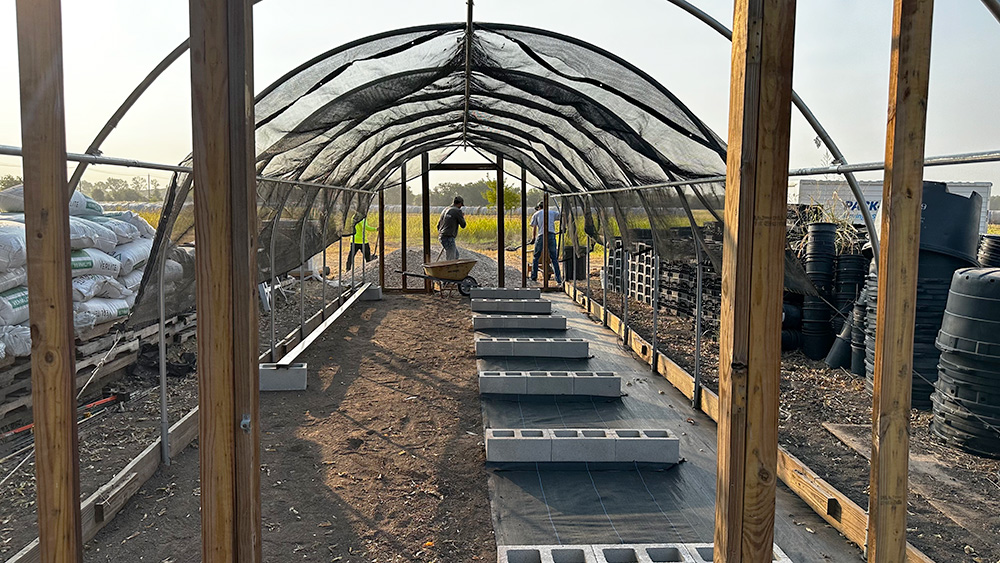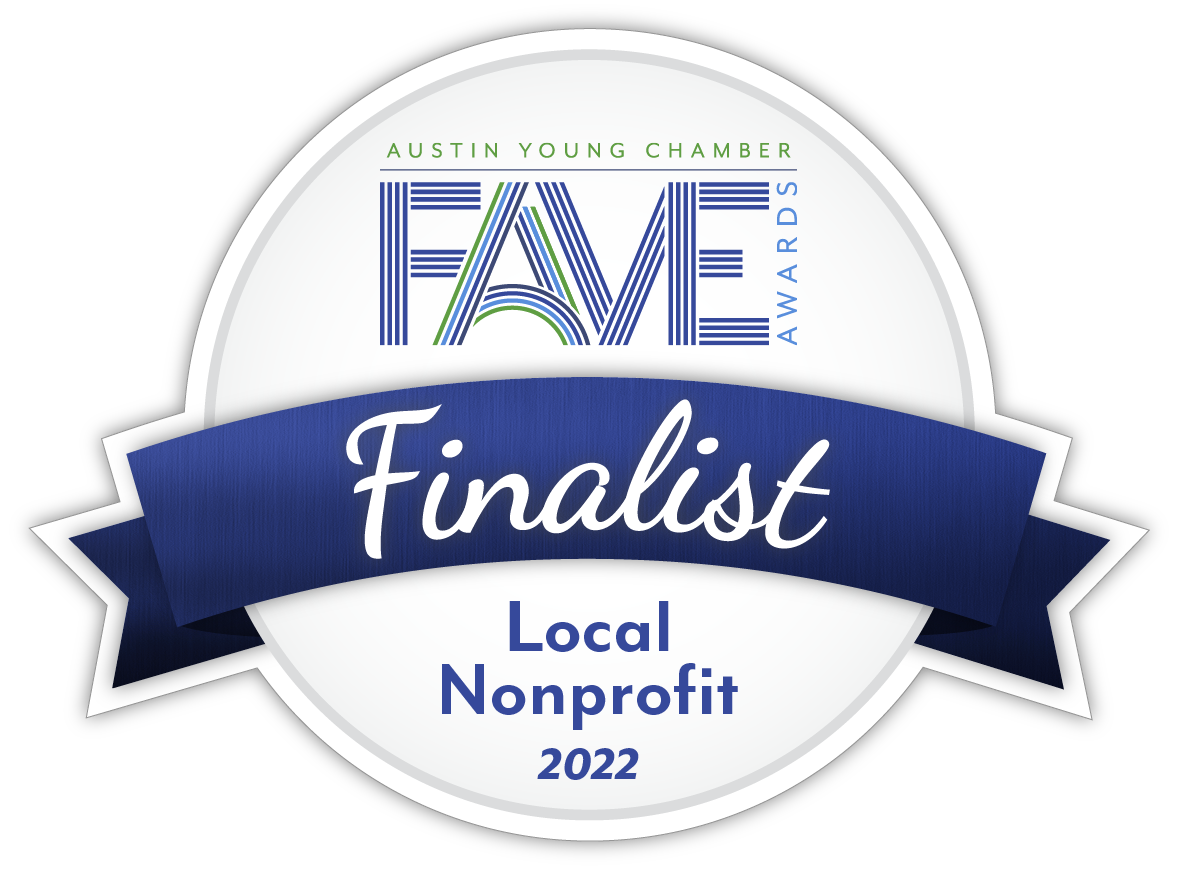We proudly announce our latest effort to create a greener Austin: Our new TreeFolks Seeds to Trees Native Nursery!
With the support of our community, TreeFolks has planted 3 million trees in Central Texas since 1989. However, certain species of native trees are not readily available. Operating our own nursery will allow us to continue reforestation efforts to combat climate change.
TreeFolks Communications Coordinator Héctor González sat down with Vít Kašpar, our new Seed Collection & Nursery Manager, to talk about our newest program, the TreeFolks Seeds to Trees Native Nursery.
Héctor: Why does TreeFolks need a nursery?
Vít: As many of you perhaps know, there’s a shortage of native trees right now, not only in Texas but nationwide. There is a rising demand as people increasingly recognize their importance and advantages, but not enough supply. After the recurring hard freezes in recent years, many nurseries lost their stock. At the same time, many mature trees in the landscape, often non-native species, didn’t survive the extreme winter and summer weather that seems to be the new normal in central Texas and beyond. So these are some of the factors that are putting a strain on the native tree nursery stock supply.
Over the years, TreeFolks has relied on external suppliers (other nurseries); frequently, they don’t offer all the species we seek. So it only makes sense with our increased efforts for reforestation to bring the tree production in-house.




Héctor: What are the specific benefits for TreeFolks of having this nursery program?
Vít: TreeFolks can choose which species we want to grow and the quantities we need. We can have control over the seed provenance, because we are also collecting our seeds. We make sure we collect seeds from our local native species and are collected from the wild. This way we strive to maintain the genetic diversity and the traits of the local ecotypes that are adapted and more resilient to the changing climate in central Texas.
The benefits of the increased quality and species diversity of TreeFolks nursery stock will be felt across all of our programs. We anticipate higher first-year survival rates in the field, which will further optimize our large-scale reforestation projects. As we produce larger trees for local distribution, more homeowners will be able to enjoy green native canopies, while saving on water and expenses related to maintenance and repeated replacement of unsuitable trees.
Héctor: How can the community help in this effort for the nursery?
Vít: There are several ways in which the community and volunteers can get involved. I should mention that most of our programs depend on this kind of support. One of the main areas is the seed collection. TreeFolks collaborates with Central Texas Seed Savers on establishing the seed-to-tree pipeline. Volunteers receive training in tree identification and seed collection. The seeds are then sent to TreeFolks for further processing and storage. Another area where volunteers can contribute and even learn new skills is the nursery operation itself. Besides its building and establishment, there are many tasks associated with day-to-day operations, such as transplanting, repotting, watering, and more.
These volunteer opportunities can be found through this link.
The TreeFolks’ Seeds to Trees Native Nursery received support from the Anne Elizabeth Wynn and the AeLK Foundation to refine the concept and create the feasibility study/business plan. TreeFolks also received funding through the City of Austin Development Services Department Urban Forest Grant Program to cover the costs of initial operations and infrastructure.
To support the continued growth of the TreeFolks Seeds to Trees Native Nursery, please visit our donation page here.
Ask our Development Team about current supply & building needs
Author
Héctor González is our Marketing and Communications Coordinator and they conducted this interview. You might see Héctor cruising Austin on a bright green bicycle while wearing a watermelon helmet. Please don’t forget to wear a helmet, fellow bikers.

